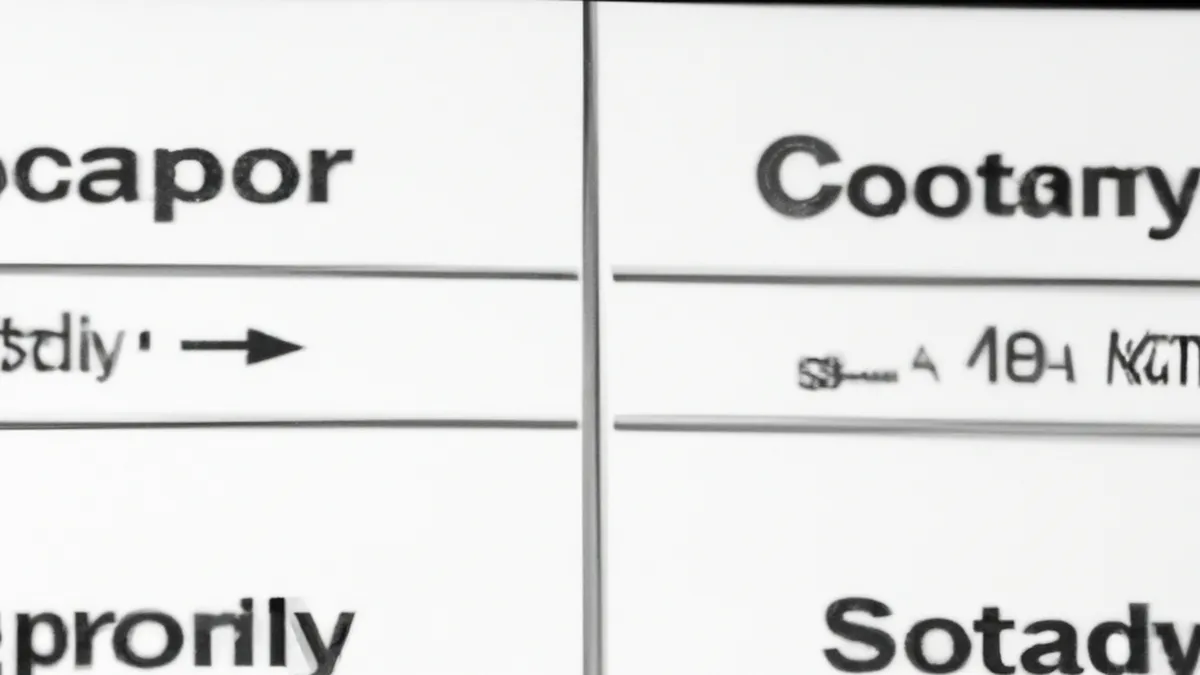Sodium’s Surprising Role in Recovery Success
Evaluating Sodium’s Effects on Recovery in Mixed-Discipline Athletes
Mixed-discipline athletes juggle various sports, each with unique physical demands. Recovery is crucial for optimal performance. Therefore, nutrition, especially sodium, plays an essential role. Sodium supports muscle function, hydration, and recovery processes, making it vital for athletes.
Understanding Sodium’s Role in the Body
Sodium maintains fluid balance, nerve function, and muscle contraction. When athletes sweat, they lose sodium and other electrolytes. This loss impacts performance and recovery during intense training or competitions.
Athletes experience varying sodium loss based on their sports. For instance, marathon runners sweat more than weightlifters. Consequently, sodium replenishment needs differ among athletes. Understanding these differences helps develop effective recovery strategies.
Sodium and Fluid Balance
Sodium regulates fluid balance in the body. It retains water and ensures cells remain hydrated. Proper hydration supports both performance and recovery. Adequate sodium intake helps maintain hydration levels, facilitating quicker recovery.
Dehydration hampers recovery and decreases muscle function. It also impairs thermoregulation and increases fatigue. Studies show that even mild dehydration negatively affects cognitive function. Athletes must monitor sodium intake, especially after intense training sessions.
The Impact of Sodium on Muscle Function
Sodium is crucial for muscle contraction. It transmits signals between nerves and muscles for coordinated movement. Low sodium levels from sweating or inadequate intake can cause muscle cramps. These cramps hinder performance and delay recovery.
To prevent cramping, athletes should consume sodium-rich snacks or drinks during workouts. Electrolyte drinks designed for athletes help replenish lost sodium and enhance recovery.
Strategies for Sodium Intake
1. **Monitor Sweat Rates**: Different athletes lose sodium at different rates. Conducting sweat tests helps determine fluid and sodium loss during training.
2. **Use Electrolyte Drinks**: Sports drinks with sodium effectively rehydrate and replenish lost electrolytes. Athletes should choose drinks with balanced sodium amounts after intense workouts.
3. **Incorporate Sodium-Rich Foods**: Foods like pickles provide valuable sodium.
Conclusion
Sodium plays a vital role in recovery for mixed-discipline athletes. Understanding its importance helps optimize performance and recovery strategies.
Below are related products based on this post:
FAQ
Why is sodium important for mixed-discipline athletes?
Sodium plays a crucial role in muscle function, hydration, and recovery processes. It helps maintain fluid balance, supports nerve function, and is essential for muscle contraction. Proper sodium intake is vital for optimizing performance and recovery, especially after intense training or competitions.
How can athletes monitor their sodium loss?
Athletes can monitor their sodium loss by conducting sweat tests during training sessions. These tests help determine individual sweat rates and the amount of sodium lost, allowing athletes to tailor their sodium intake and hydration strategies accordingly.
What are effective ways for athletes to replenish sodium after workouts?
Effective ways to replenish sodium include consuming electrolyte drinks designed for athletes, which can help rehydrate and restore lost electrolytes. Additionally, incorporating sodium-rich foods, such as pickles, into their diet can further support recovery after intense workouts.















Post Comment